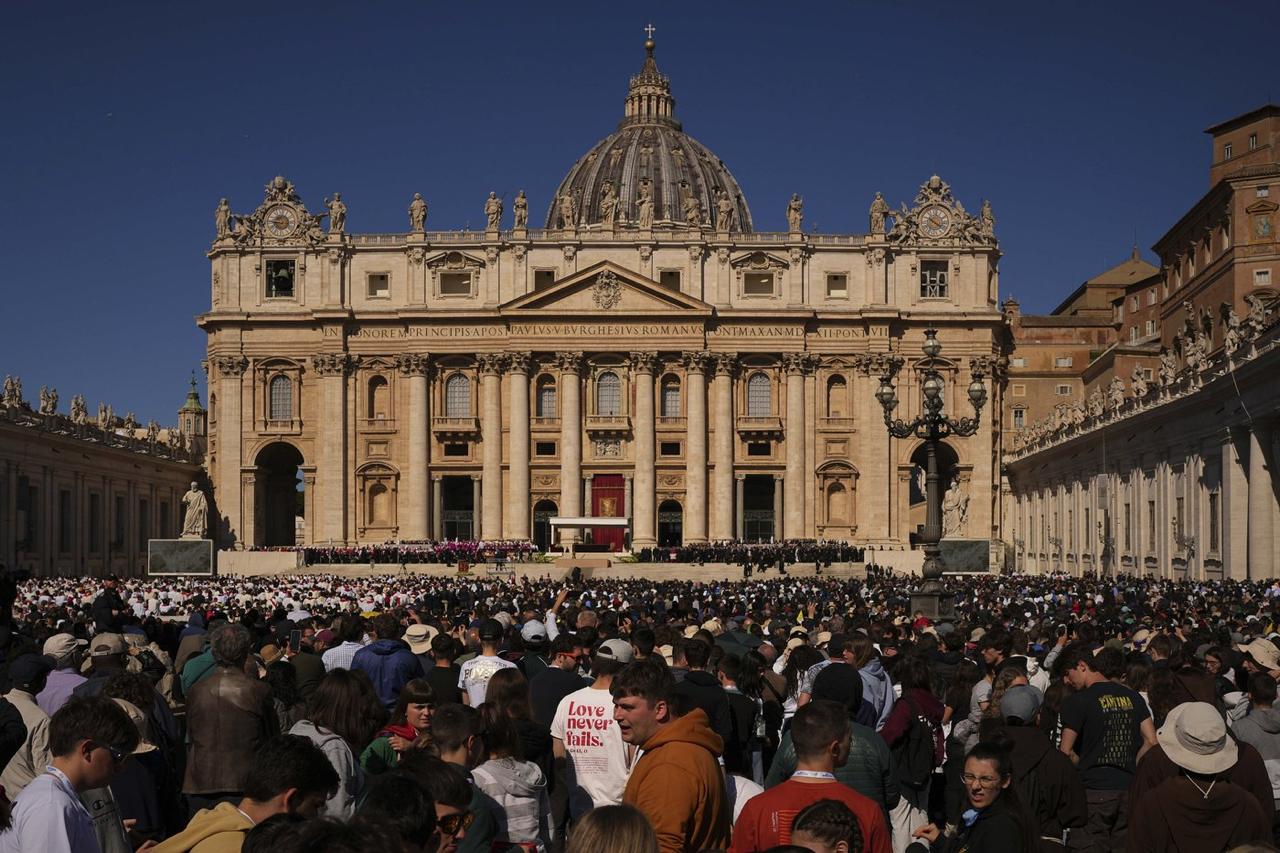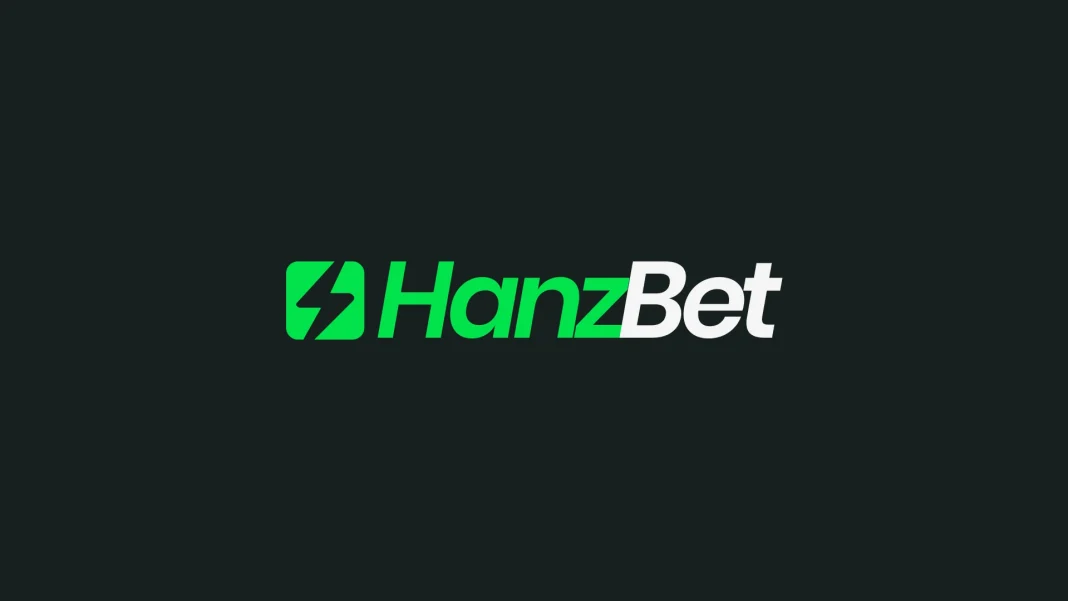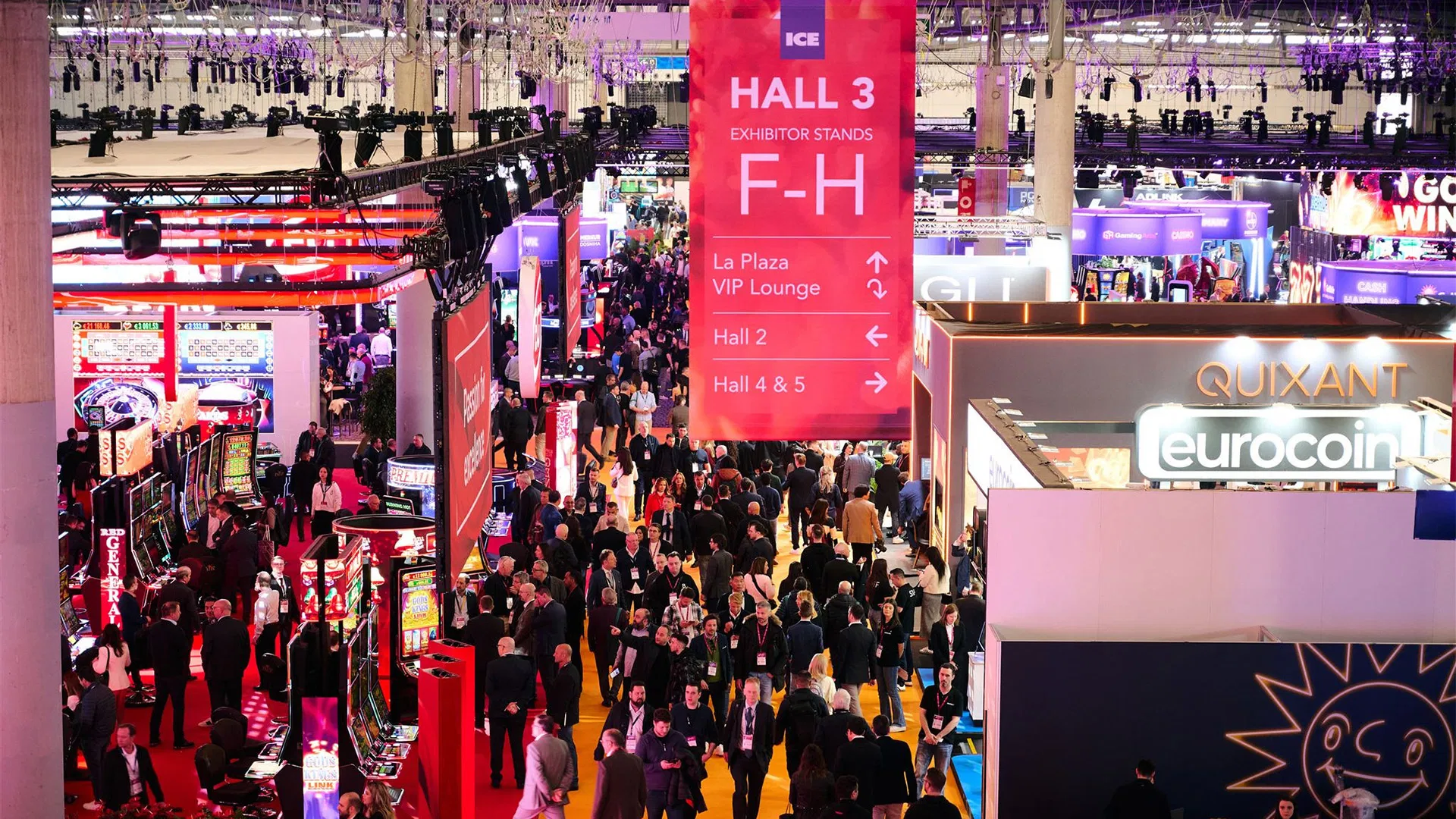When the time came for the world to meet the new pope, many eyes were on the Vatican and even more wallets were open. The recent papal conclave didn’t just stir religious and political interest; it also sparked a frenzy among online gamblers, who wagered tens of millions of dollars trying to predict who would ascend to the papacy.
On two prominent prediction market platforms alone, the total bets exceeded $40 million. Polymarket, a blockchain-based platform known for hosting wagers on political and cultural events, saw over $30 million in betting volume. Meanwhile, Kalshi, a U.S.-regulated exchange, handled more than $10.6 million in bets, according to a spokesperson for the company.
The biggest shock? The winning candidate, now Pope Leo XIV, was a longshot few took seriously. Formerly Cardinal Robert Prevost from Chicago, he had less than a 1% chance of winning according to the odds listed by Kalshi before the conclave began. Out of over 33,000 total trades on the platform, only 416 bets—amounting to about $450,000 were placed on Prevost.
One bettor walked away with a staggering profit. A $526 wager on Prevost turned into $52,641, the highest single payout on Kalshi during the event. The identity of the lucky individual remains unknown.
The betting interest was so intense that Kalshi compared the volume of wagers to a major sports championship. And while $10.6 million is significant, it’s still dwarfed by the $132 million that prediction markets saw during the 2024 U.S. presidential election.
Prediction markets, while still controversial, have grown in popularity for allowing users to speculate on real-world events. These platforms work much like financial futures: users buy contracts that pay out if a certain outcome is realized. However, critics argue they can be risky and potentially unethical, especially when tied to political events.
Cantrell Dumas, director of derivatives policy at Better Markets, has raised concerns about the potential misuse of prediction markets. In the context of elections, large investors could theoretically try to sway public opinion or influence turnout with their bets, he told CNBC in October.
In spite of these issues, sites such as Kalshi and Polymarket remain popular with a broad range of markets. Bets include the release date of the next Grand Theft Auto title to the substance of White House press briefings. Polymarket now bars U.S. residents from participating, though, due to regulatory restrictions from the Commodity Futures Trading Commission (CFTC).
Financial experts caution against getting too caught up in the excitement of betting on prediction markets. Like any form of gambling, it carries risk, and losses can quickly add up.
Jonathan Greeson, a certified financial planner based in Pikeville, North Carolina, warns that people should treat such betting as entertainment, not investment. “You should have a budget for betting the same way you’d budget for a night out or a concert,” Greeson advised in a CNBC interview. “Never stake more than you can afford to lose.”
As digital platforms continue to blur the line between speculation and gambling, the rise in betting around events like the papal conclave highlights both the allure and the pitfalls of prediction markets in a connected world.

 Companies
Companies 





